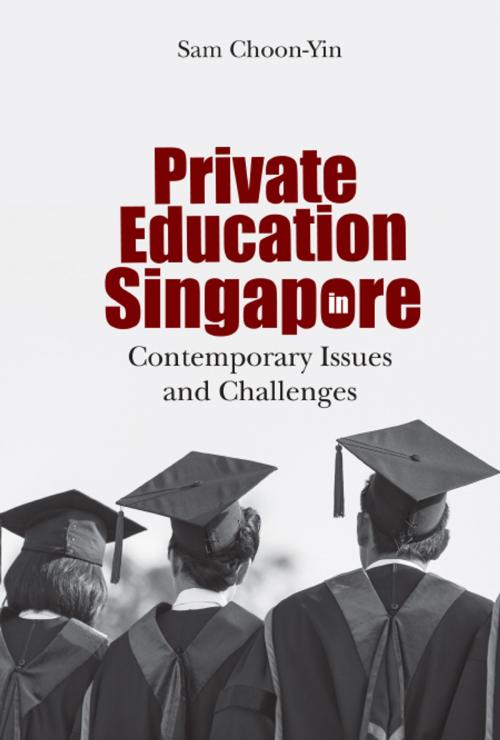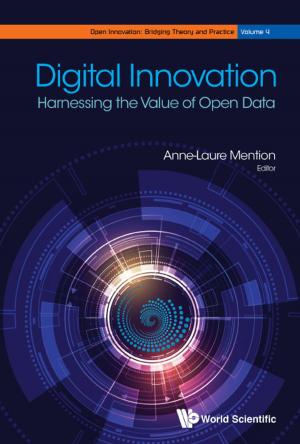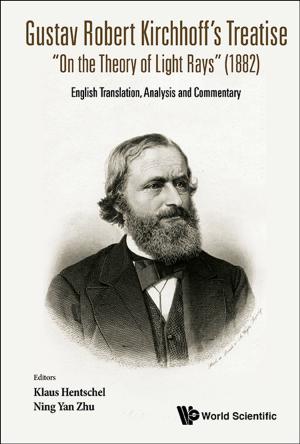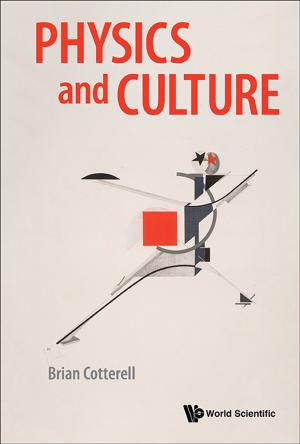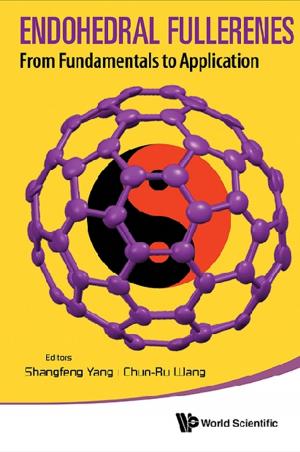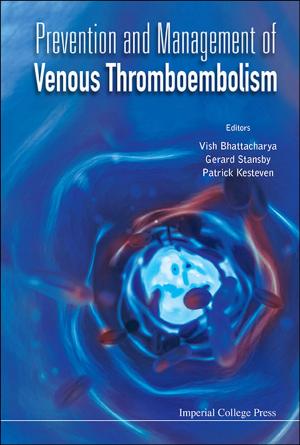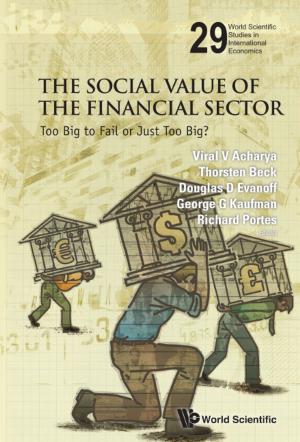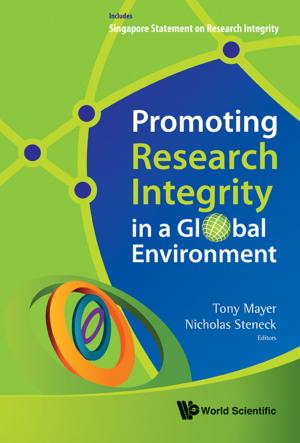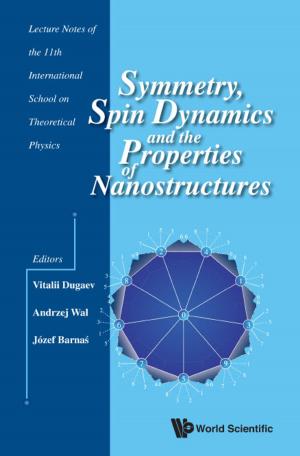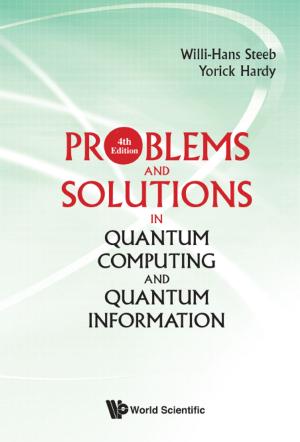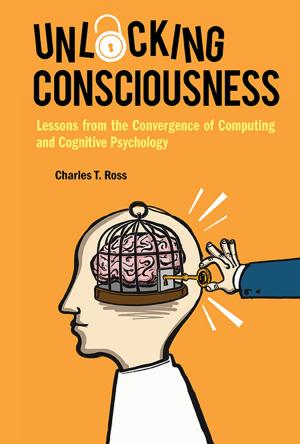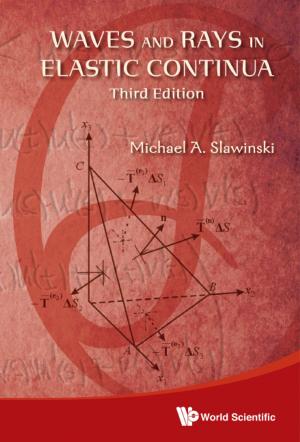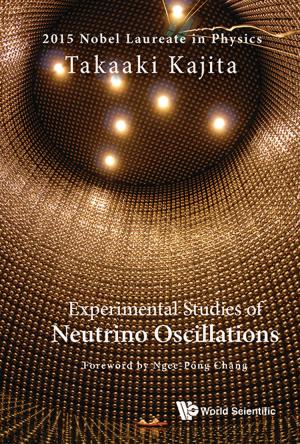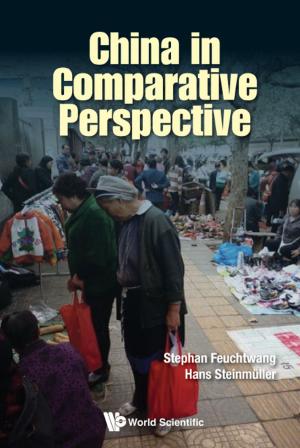Private Education in Singapore
Contemporary Issues and Challenges
Nonfiction, Reference & Language, Education & Teaching, Higher Education, Administration| Author: | Choon-Yin Sam | ISBN: | 9789813225848 |
| Publisher: | World Scientific Publishing Company | Publication: | May 23, 2017 |
| Imprint: | WS EDUCATION | Language: | English |
| Author: | Choon-Yin Sam |
| ISBN: | 9789813225848 |
| Publisher: | World Scientific Publishing Company |
| Publication: | May 23, 2017 |
| Imprint: | WS EDUCATION |
| Language: | English |
Not much has been written about the private education sector in Singapore despite the fact that the sector houses about 300 private education institutions (PEIs) and enrolls about 150,000 students. Private Education in Singapore: Contemporary Issues and Challenges is an exciting book that aims to fill a gap in the literature. In the book, the author offers an extensive discussion on (i) the key elements of the sector — types and features of the PEIs, (ii) the regulatory framework for private education, (iii) students' aspiration and the impact of the ASPIRE report on PEIs, and (iv) the provision of external degree programme through transnational partnership. The book also tackles the hotly debated discussion in relation to academic quality and standard of PEI courses. The author identifies the reasons — some of them have more characteristics of a myth — and suggests a number of ways to overcome the issues and challenges.
Contents:
- Governance, Meritocracy, and Growth Centricity
- Private Education Sector in Singapore
- CPE, ERF, and EduTrust Certification Scheme
- Aspirations and ASPIRE
- External Degree Programme
- Business Schools
- Competitive Analysis
- Academic Quality, Course Recognition
- Transforming the Private Education Sector: What Needs to be Done?
- Back to the Basics
Readership: Students and academics speciliazing in education-related topics; teachers and educators in private education institutions (PEIs); management professionals involved in decision making in PEIs.
Key Features:
- First of its kind to cover this topic
- The book answers questions that people ask about but have not been sufficiently addressed in other writings
- The author has seen transformations in the private education sector, and can speak of the topics from his own experience
Not much has been written about the private education sector in Singapore despite the fact that the sector houses about 300 private education institutions (PEIs) and enrolls about 150,000 students. Private Education in Singapore: Contemporary Issues and Challenges is an exciting book that aims to fill a gap in the literature. In the book, the author offers an extensive discussion on (i) the key elements of the sector — types and features of the PEIs, (ii) the regulatory framework for private education, (iii) students' aspiration and the impact of the ASPIRE report on PEIs, and (iv) the provision of external degree programme through transnational partnership. The book also tackles the hotly debated discussion in relation to academic quality and standard of PEI courses. The author identifies the reasons — some of them have more characteristics of a myth — and suggests a number of ways to overcome the issues and challenges.
Contents:
- Governance, Meritocracy, and Growth Centricity
- Private Education Sector in Singapore
- CPE, ERF, and EduTrust Certification Scheme
- Aspirations and ASPIRE
- External Degree Programme
- Business Schools
- Competitive Analysis
- Academic Quality, Course Recognition
- Transforming the Private Education Sector: What Needs to be Done?
- Back to the Basics
Readership: Students and academics speciliazing in education-related topics; teachers and educators in private education institutions (PEIs); management professionals involved in decision making in PEIs.
Key Features:
- First of its kind to cover this topic
- The book answers questions that people ask about but have not been sufficiently addressed in other writings
- The author has seen transformations in the private education sector, and can speak of the topics from his own experience
